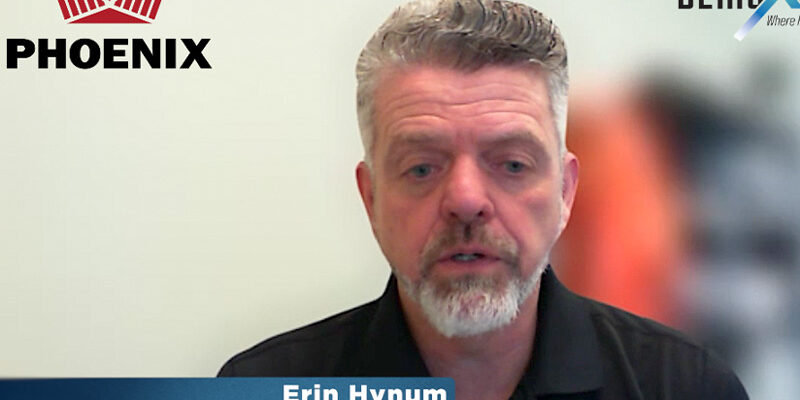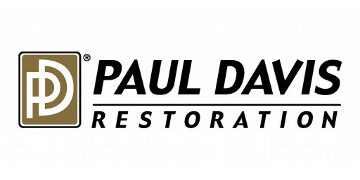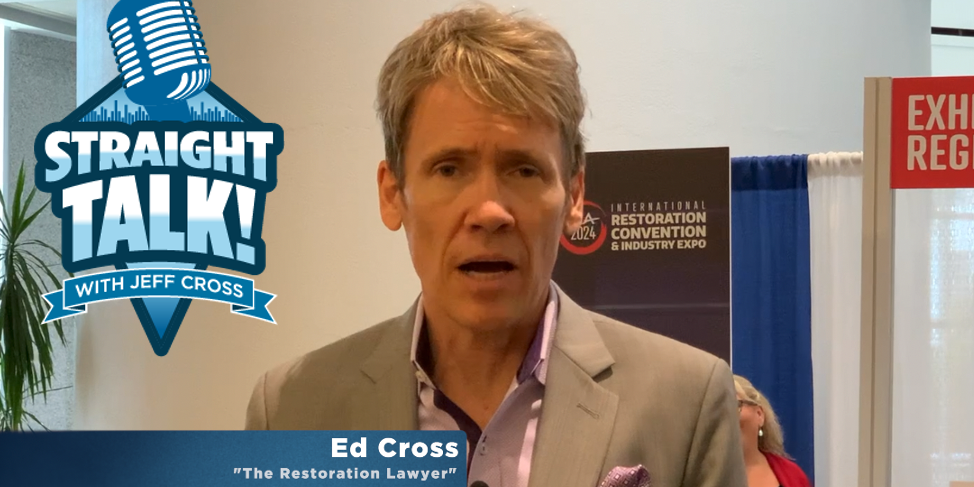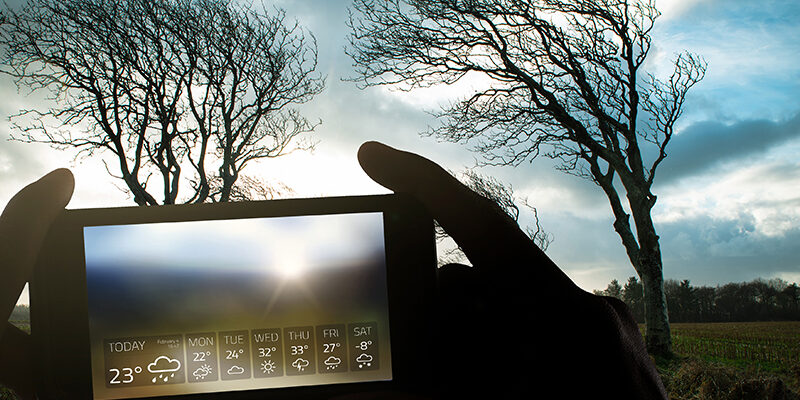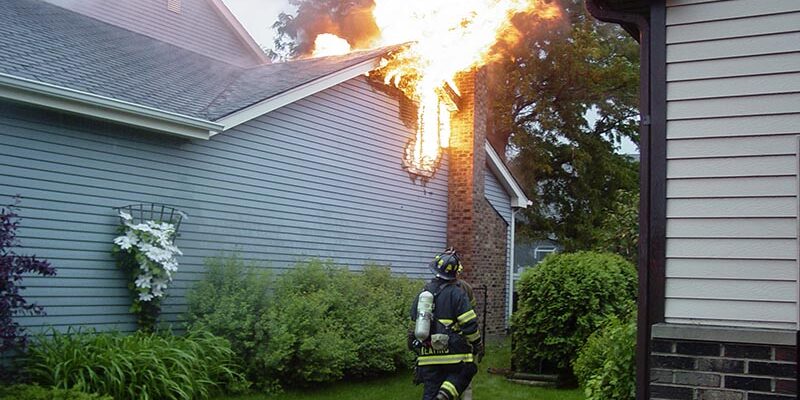Beyond Cleanup
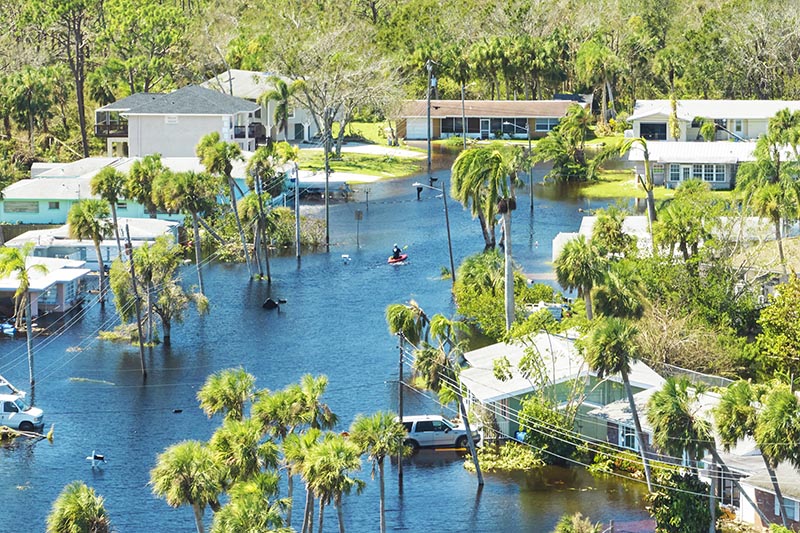
Following any disaster, there’s often an all-hands-on-deck attitude among companies, nonprofits, community members, and government agencies as these organizations rally to take care of the immediate damage and manage the lingering mess and ongoing hazards. But is there anything you can do that goes beyond cleanup?
Understanding that your cleaning and restoration business can positively influence the community’s recovery efforts past the traditional dry-out and rebuild processes is important. Initially, you play a practical role in returning customers’ properties to a functional condition. But … you may also play an emotional and educational role in ways that can elevate your business to the level of community pillar.
Restoring community spaces and morale
Following an emergency cleanup, one of the most impactful ways your company can make a difference is by focusing on restoring community spaces. After all, these will still be areas where the public will continue to assemble as they navigate recovery. These spaces can also inspire and motivate the community to recover from disaster.
It would be best if you began by having discussions with community leaders about central areas in need during the recovery phase following a disaster. This might, for example, involve restoring a certain number of classrooms in schools to enable children to learn and socialize. It could include restoring community meeting places, such as town halls, which empower locals to more actively and conveniently make plans to move forward together. While your professional perspectives on repairing infrastructure are vital, the views of community leaders are equally essential on projects, as they’re likely to have a solid idea about what’s a priority for their neighbors.
Alongside restoring largely practical community institutions, it might also be effective to arrange for the restoration of landmarks that hold significant historical or emotional value for the community. For instance, repairing cultural monuments or art murals could help raise spirits in difficult times. Cleaning entertainment and recreation facilities, like movie theaters and sports centers, can provide a stressed public with some much-needed relief.
Offering emotional support and perspectives
It could seem odd, given how your business might be considered to serve largely practical purposes, but disaster restoration has a substantial emotional impact. Your business interacts with people during a time of trauma. It’s not unusual for people to feel overwhelmed by the situation and the damage it has caused, so your services can take that weight off their shoulders. But your staff can go further than this.
Encourage your employees to talk to your customers about their experiences. Yes, completing tasks as quickly and efficiently as possible is imperative, but allow for a bit of space to chat as well. Remember that disasters are difficult human experiences. Sometimes, the best thing your company can do is make space for customers to vent about frustrations, share memories of the event, or grieve the loss of their personal belongings. Your employees might already be sensitive people, but training them to navigate such situations with a strong sense of empathy can still be helpful.
Don’t forget, either, that this extra attention serves various purposes. Primarily, it develops a genuine connection that helps customers to manage their emotional challenges. But it can also create a greater sense of work satisfaction for your technicians. Demonstrating genuine customer care is also key to building trust, which might translate to word-of-mouth recommendations that boost your business’ reputation.
Unfortunately, there might be occasions following a disaster when your staff must inform consumers that their space is beyond restoration. This is a massive emotional blow for people at a time in which they’re already vulnerable. Ensure your staff treats this situation with the sensitivity it deserves.
Providing professional and climate insights
You now know that your company has far more to offer than just your labor. Your expertise and insights in a range of areas can be invaluable components of recovery and ongoing protection.
In particular, your advice to customers and communities on how to prevent damage occurring to their buildings from future disaster risks will be invaluable. This is particularly important given that climate change is expected to influence the frequency and severity of certain types of natural disasters. If there have been consistent issues to manage during emergencies, perhaps consider printing instructions or providing how-to guides on your website that offer preventative measures. You might also find that this doubles up as an effective piece of marketing that communicates your company’s expertise in its field.
While your employees might not be climate experts, you can still offer relevant insights to adjacent businesses that help them better prepare for and respond to related issues. For instance, you might already regularly collaborate with insurance companies. Climate change is expected to affect insurers in many ways, including more frequent claims and payouts. These companies will also have to rethink their asset management protocols to respond to disasters with services that minimize damage so they can avoid higher payouts.
Your business can provide insurance companies with insights into where the consistent areas of risk tend to be according to your recovery efforts. You can also highlight the response services you provide that mitigate costs for both consumers and insurers following disasters.
The efforts you make here have benefits for everyone involved. Your company can begin fruitful relationships with businesses and industries in affected communities. The recipients of your advice can gain data to make more informed decisions. Importantly, your insights might result in more timely and positive experiences for the general public after disasters.
Why it matters
Your cleaning and restoration business is vital during and beyond the cleanup of natural disasters. A community-minded approach to restoring monuments and communal spaces improves morale. When trained with empathetic skill sets, your staff can help residential customers gain more positive perspectives on their futures. Remember that your company’s expertise, too, can see you acting as a valuable source of prevention and disaster management advice for the public and other businesses alike.
Each of these elements depends on good preparation from your business’ perspective. Take the time to plan out your approach to enhance how impactful you can be for everyone affected by disasters. A little forethought can be a powerful tool.


